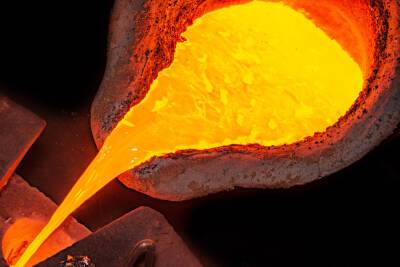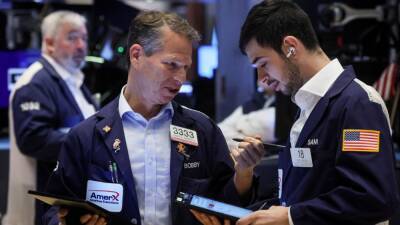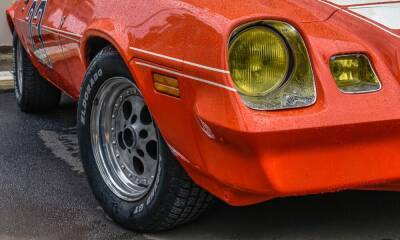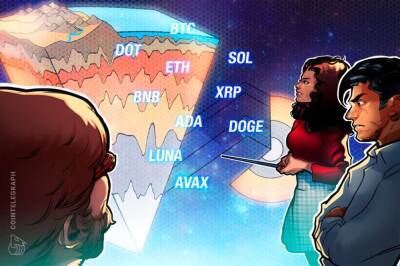Carmakers face higher costs and supply issues as price of nickel soars
Car manufacturers are facing soaring costs and supply issues after the price of nickel doubled to record levels in the wake of Russia’s invasion of Ukraine.
Prices passed $100,000 (£76,000) a tonne – driven up by buyers racing to cover short positions – before the London Metal Exchange (LME) suspended trading in nickel for the day.
Nickel is a crucial element in the production of electric vehicle batteries, as well as of stainless steel, and about 10% of the world’s nickel comes from Russia.
While the export of metals has not yet been the target of western sanctions, uncertainty over future supply has also helped push up the cost of aluminium, needed in the bodywork of cars, and palladium, used in catalytic converters, to record levels.
The LME, one of the major commodity exchanges worldwide, said it had taken the decision to stop nickel trading “on orderly market grounds” as panic ensued, and said the suspension could last several days.
Nickel prices quadrupled in the past week as traders digested the impact of the crisis on metal supplies. The Moscow-headquartered Nornickel, which mines metals in northern Siberia, is the world’s largest supplier of refined nickel suitable for batteries, as well as of palladium.
The commodity prices threaten to drive up the price of electric vehicles, with affordability already an issue for consumers, at a time when the running cost of EVs is also rising steeply due to energy bills inflating faster even than pump prices.
The Society of Motor Manufacturers and Traders said the “immediate future was unclear” and it was working with the government and its members to understand and address the long-term impacts of the situation. The SMMT’s chief executive, Mike Hawes, said: “Russia and Ukraine
Read more on theguardian.com

 theguardian.com
theguardian.com

















